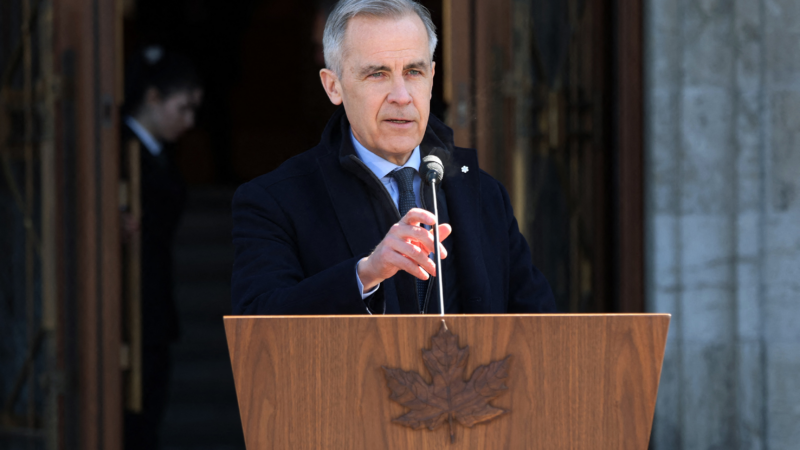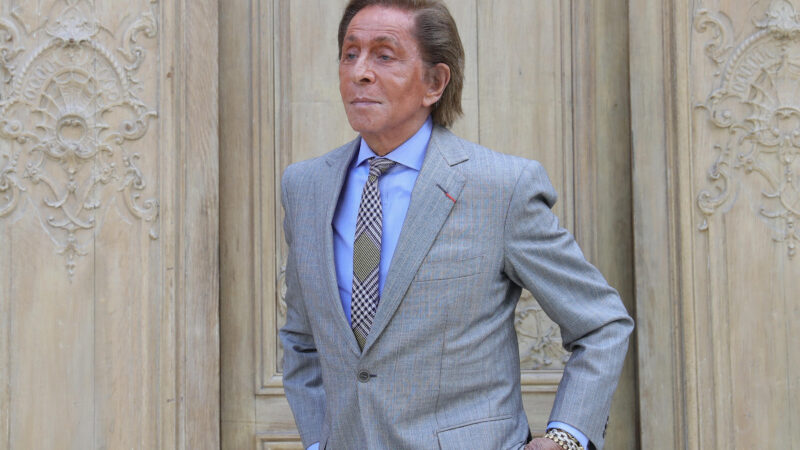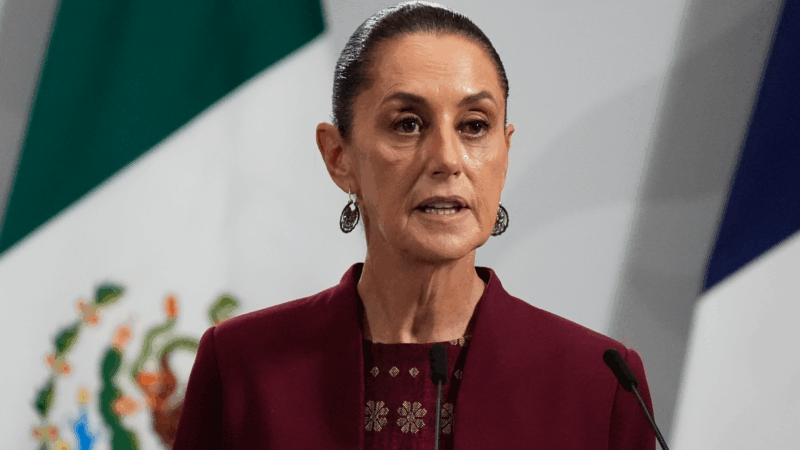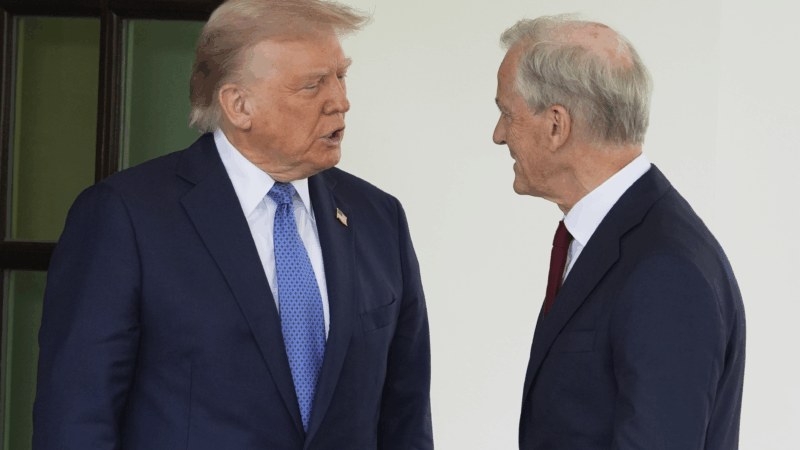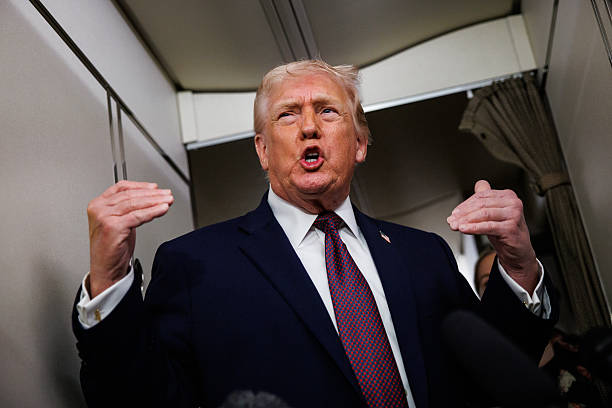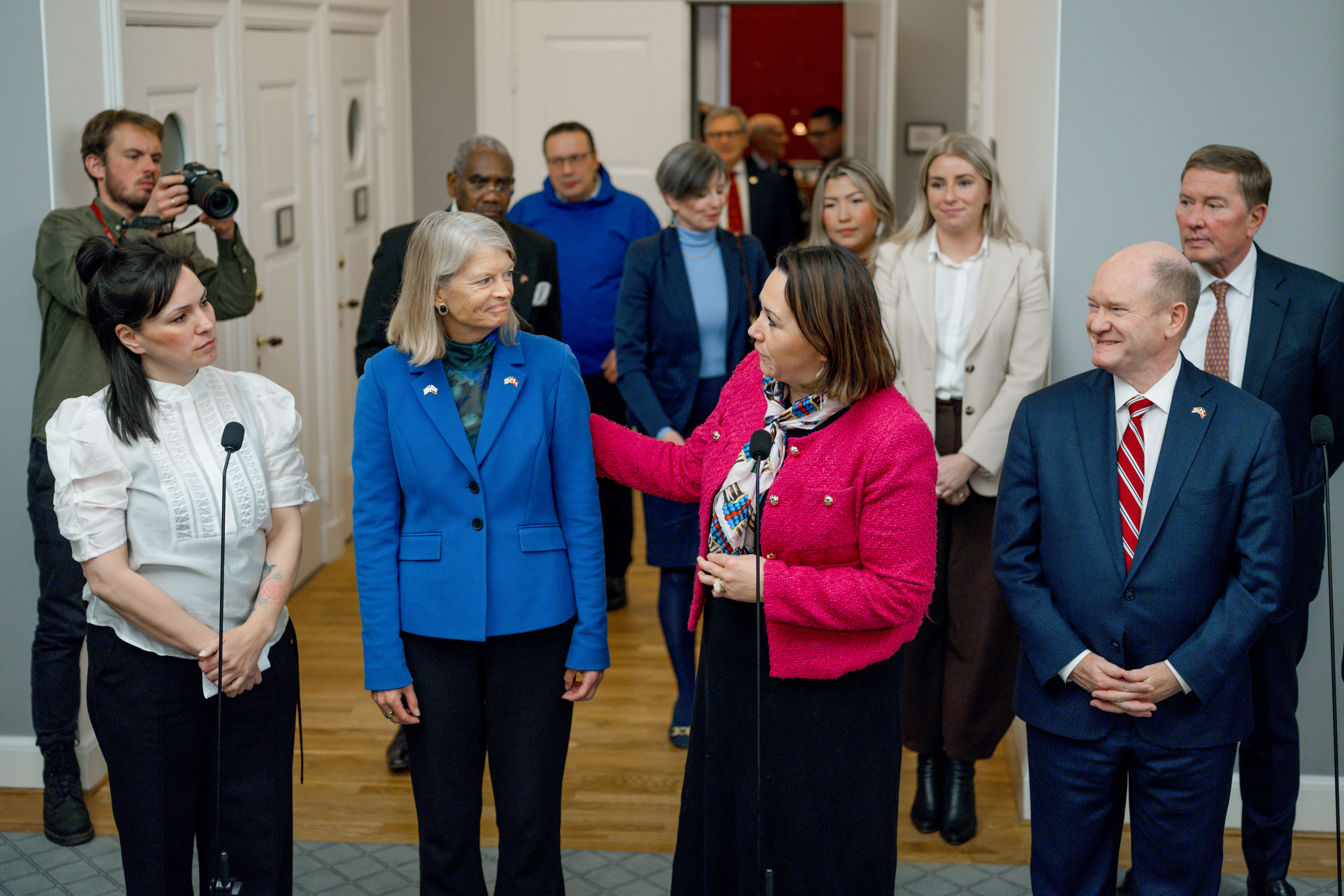Why Canada is holding an election that will be a first for its prime minister
Canadian Prime Minister Mark Carney and his Conservative challenger Pierre Poilievre have just under five weeks to make their case before the federal election, which comes in the midst of a trade war with the U.S. and threats to Canada’s sovereignty.
For Carney, the election will also be the first time his name is on a ballot for public office.
Canada’s top job is Carney’s first job in Parliament. He previously led central banks in Canada and England. Carney became prime minister earlier this month, after the Liberal Party chose him to succeed former Prime Minister Justin Trudeau when he resigned.
The federal election will be held on Monday, April 28; here’s a quick guide:
The snap election wasn’t a surprise
By convention, the leader of the party winning the most seats in Canada’s 343-seat House of Commons becomes prime minister.
The country had been set to hold its next general election on Oct. 20. But that plan was upended when Trudeau — facing weak support — announced on Jan. 6 that he would step down.
Trudeau also prorogued, or suspended, Parliament until March 24. Rival parties had said they would call for a no-confidence vote and force a new general election when members reconvened. But Governor-General Mary Simon agreed to Carney’s request to set a new election date in April, and Parliament is now dissolved.
Canada will hold the election as it comes under sustained economic and existential threat from its southern neighbor, with President Trump imposing tariffs and saying he wants to annex Canada as the 51st state.
Dramatic shifts have already taken place
Even before the campaign season was officially set, turbulence was roiling Canada’s politics. One week before Trudeau said he would resign, the populist Poilievre enjoyed a substantial 24-point lead in polls, reflecting Canadians’ frustrations with rising housing costs, inflation and a carbon tax.
But that was early January. The latest CBC poll tracker numbers show Carney, 60, now has a razor-thin edge over Poilievre, 45.
Jagmeet Singh, the leader of the New Democratic Party, is in a very distant third, according to the tracker.
“According to the most recent seat projections, the Liberals would probably have the upper hand if the elections were held today,” Daniel Béland, director of the McGill Institute for the Study of Canada, tells NPR’s Morning Edition.

The Trump factor affects both sides
Trump’s tariffs and rhetoric have transformed an election that might have been a referendum on regular voters’ economic well-being into a race focused on a trade war — and Canadian sovereignty.
“So far what President Trump has said and done regarding Canada has helped the Liberals,” Béland says.
When Trudeau was in office, his critics scored points by saying he didn’t have a plan to deal with Trump; now Poilievre — who in a December poll was seen as the best option for handling Trump — is accused of being too politically aligned with the U.S. president.
Recent remarks by a Poilievre ally, Alberta Premier Danielle Smith, stoked those concerns when she told the Brietbart outlet that she asked U.S. officials to “just put things on pause so we can get through an election.” She added that if Poilievre wins, he would be “very much in sync with … the new direction in America.”
“Pierre Poilievre will kneel down before Trump,” Carney said on Bluesky.
Poilievre’s Conservative Party has called Trump’s tariff threat “unjustified.” He also vowed in a CTV appearance, that “Canada will never be the 51st state of the U.S.”
Candidates face a compressed schedule
Official campaign periods in Canada’s federal elections “can last from 37 to 51 days,” according to Elections Canada.
This year’s five-week campaign will be on the short side of that norm, giving Carney and Poilievre, leaders of the two biggest parties, scant time to shore up support.
Poilievre is running for reelection to his riding, or district, of Carleton in rural Ottawa. Carney is running for a parliamentary seat for the first time, in the nearby Nepean riding. While most prime ministers have also held parliamentary seats, not all have.
The Liberals have been leading a minority government, meaning they did not have an outright majority of seats in Parliament and relied on other parties’ support.
In the recent Parliament, Liberals held 152 seats to the Conservatives’ 120 in the House of Commons.
Other parties that could influence the vote — and the makeup of the next government — include Singh’s New Democratic Party, which has been allied with the Liberals, and Bloc Québécois, led by Yves-François Blanchet. The NDP held 24 seats in the House of Commons, while Bloc Québécois held 33.
Italian fashion designer Valentino dies at 93
Garavani built one of the most recognizable luxury brands in the world. His clients included royalty, Hollywood stars, and first ladies.
Sheinbaum reassures Mexico after US military movements spark concern
Mexican President Claudia Sheinbaum quelled concerns on Monday about two recent movements of the U.S. military in the vicinity of Mexico that have the country on edge since the attack on Venezuela.
Trump says he’s pursuing Greenland after perceived Nobel Peace Prize snub
"Considering your Country decided not to give me the Nobel Peace Prize… I no longer feel an obligation to think purely of Peace," Trump wrote in a message to the Norwegian Prime Minister.
Trump has rolled out many of the Project 2025 policies he once claimed ignorance about
Some of the 2025 policies that have been implemented include cracking down on immigration and dismantling the Department of Education.
U.S. lawmakers wrap reassurance tour in Denmark as tensions around Greenland grow
A bipartisan congressional delegation traveled to Denmark to try to deescalate rising tensions. Just as they were finishing, President Trump announced new tariffs on the country until it agrees to his plan of acquiring Greenland.
Can exercise and anti-inflammatories fend off aging? A study aims to find out
New research is underway to test whether a combination of high-intensity interval training and generic medicines can slow down aging and fend off age-related diseases. Here's how it might work.

